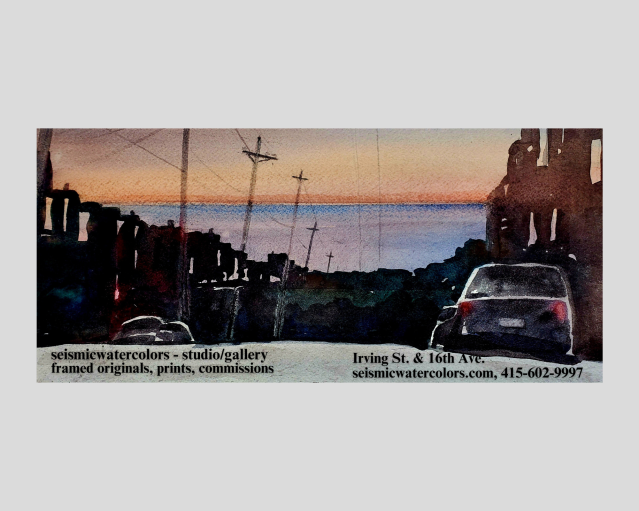Editor:
Columnist John M. Lee puts forth the not so subtle argument that 1970 San Francisco
Rent Control provisions have had the unintended consequences of escalating rents,
increasing home prices, as well as the inability of landowners to do property investment.
This is not really true. It has been 47 years since 1970, there have been upturns and
downturns in the city’s economy and rental/property market during that time.
To say rent control explains the reason for the massive uptick in rent and real estate
prices since 1995 or 2009 is cherry picking a time frame and ignoring the external
economic factors responsible for these increases.
When increasing employment by Silicon Valley is not met by increases in high-density
housing, then the demand for whatever housing stock is available is going to increase.
Tenants paying rent do not influence this reality at all, so when Lee mentions
having to make hard choices based upon a false issue of unintended consequences,
what exactly does he mean?
Landowners can and do pass on property improvement costs. The expenses have to the
go through the Residential Rent Stabilization and Arbitrations Board, but these costs are
not prohibitive (or inhibitive) and to say landowners are refusing to re-invest because of
rent control is ridiculous. Look at every single city in the United States with a population
without rent control. Owners also do not re-invest or upgrade their property.
The main reason housing and pricing in the Bay Area is the highest in the U.S.A. is
because of the limited supply of land. We are not like Kansas City, Denver, Houston,
Chicago or St Louis surrounded by flat plains.
The Bay Area also does not have a lot of high-density residential complexes,
such as Manhattan, so when there is an influx of people prices are going to go up,
regardless of rent control.
First and foremost, rent control is about what kind of community
you want to create in the city. Do you want a lot of transient young professions, who
make their mark and then move elsewhere? What about the artists, writers, teachers,
sub-median wage workers and musicians? Where will they live when they are priced out
and have to move somewhere and then commute one or two hours a day?
Measured growth is already happening. Look at the apartment condo
development on Market and Buchanan streets, or over by 16th and Owens streets in the
Mission Bay. Rent control did not appear to inhibit these developments.
So, why bring up this “unintended consequences” argument when it is a false argument?
Fact is, Lee belongs to The SF Round Table, a networking group
consisting of top Realtors in the City. So, his viewpoints should be seen in that context.
With all due respect, Lee should disclose these matters when his opinion is printed in the
Richmond Review.
Gino Napoli
Editor:
Thanks for the article about our water that appears on the front page of May’s Review.
I live on Lake Street, between 26th and 27th avenues. In April I noticed that my tap water
didn’t taste right, even after being filtered by a Brita unit with a new filter.
I’m now drinking bottled water.
It seems that the new program is not working well, at least out here. What is the best way
to protest?
John de Forest
Categories: Community, groundwater, Letters to the Editor, Real Estate, rent control, Richmond District, Richmond Review











